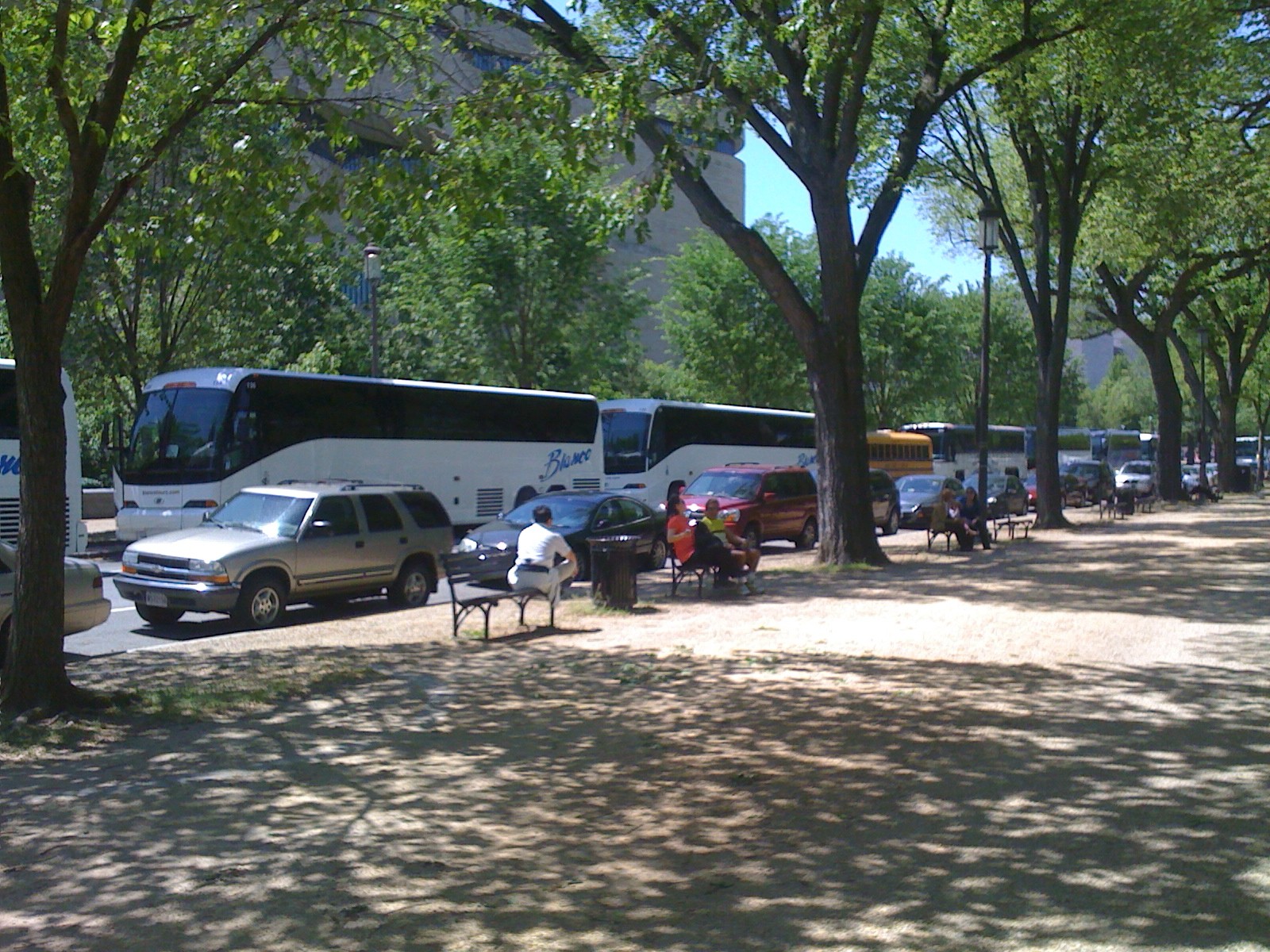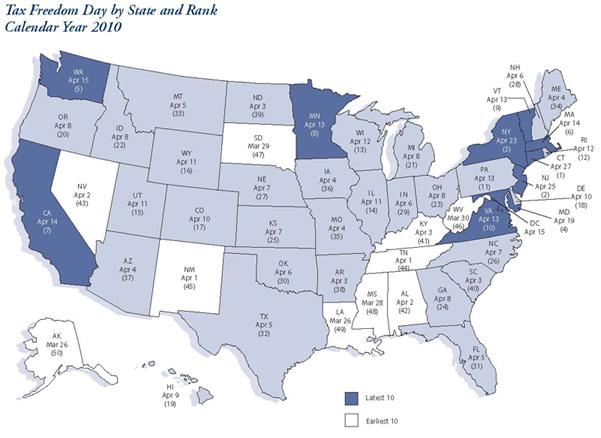-
WA “Economic Nexus” bill dinged by Tax Foundation
The Tax Foundation, one of my personal favorite conservative tax research organizations, wrote about a new law passed this year by the Legislature. The bill attempts to level the playing field between in-state and out-of-state companies by taxing them the same for business they do inside Washington. The Tax Foundation objects. They’re wrong.
-
Town Hall May 18 – 6pm Bellevue City Hall
Washington State Legislature Sen. Rodney Tom, Rep. Ross Hunter and Rep. Deb Eddy 48th Legislative District CALENDAR ANNOUNCEMENT Eastside residents invited to May 18 town hall with local legislators May 5, 2010 State Sen. Rodney Tom (D-Bellevue) and Reps. Ross Hunter (D-Medina) and Deb Eddy (D-Kirkland) invite Eastside residents to a Town Hall on Tuesday,…
-
America on Display

I spent the better part of the week in DC. I’m Washington’s representative to the “Streamlined Sales and Use Tax Agreement” Governing Board. This is a group of states working to simplify their sales tax systems to make it easier for national businesses to comply with sales taxes in all the states, not just their…
-
WSDOT announces preferred alternative for SR 520 floating bridge project
Last week WSDOT announced the preferred alternative for the 520 bridge. This is one of the magic steps in the 520 design/contruuction process and is a major milestone. It’s not perfect, but it’s vastly better than no bridge at all. In general I’m pleased with it – we get most of what we wanted. I’ve…
-
Federal Healthcare: Impact on Washington
Washington is ahead of many states in implementing aspects of the federal halthcare bill, and will it will require less state money here than it does in other states. One of our policy analysts put together a short summary of the next steps we’ll be going thorugh as we figure out the implications for Washington.…
-
Paper: The Top Enemy of Efficiency

I sat through a briefing this morning on “Provider One,” the state’s new $200 million Medicaid claims processing software implementation exercise. We expect to go live with the software on May 6th, after 12-18 months of delay rolling the product out. I believe the implementation will mostly work at that point (this is a big…
-
Tax Freedom Day?

One of my favorite thinktanks (The Tax Foundation – www.taxfoundation.org) a conservative tax research organization releases an annual report listing “tax freedom day” for each state. This is the day when you’ve finished paying your combined state, federal, and local taxes for the year. As is usual with soundbite politics the data behind is somewhat…
-
SR 520 Bridge Status Update
The Department of Transportation sends out a regular update on what’s going on. Here’s their update from today celebrating the signing of the 520 bill yesterday at Bellevue City Hall. Eastside improvements can move ahead: Gov. Gregoire and state Legislature allow bridge tolls to be spent in the SR 520 corridor We’re now a big…
-
How a New Jobless Era Will Transform America
Last month’s Atlantic Magazine has a great article on the transformative effect the current recession will have on people in America over the next few decades. It’s a little depressing a read, but very thought-provoking. http://www.theatlantic.com/magazine/archive/2010/03/how-a-new-jobless-era-will-transform-america/7919 Here’s the blurb the magazine uses to intro the article: The Great Recession may be over, but this era…
-
Important Education Bills Signed
I sent out the following press release today on the signing of several key education bills. We mostly stayed focused on the budget, but stayed the course on ed reform, both financial and structural. THese bills don’t do all that I want, but are a step in the right direction. ———————– AUBURN – Rep. Ross…

